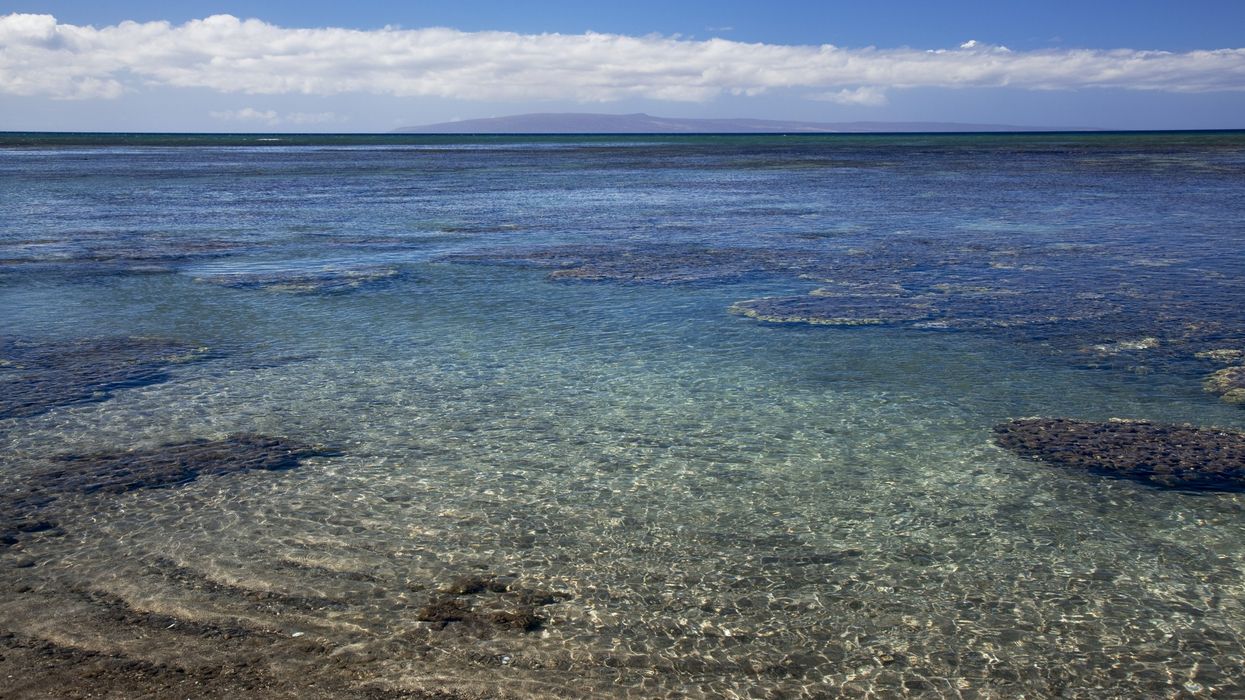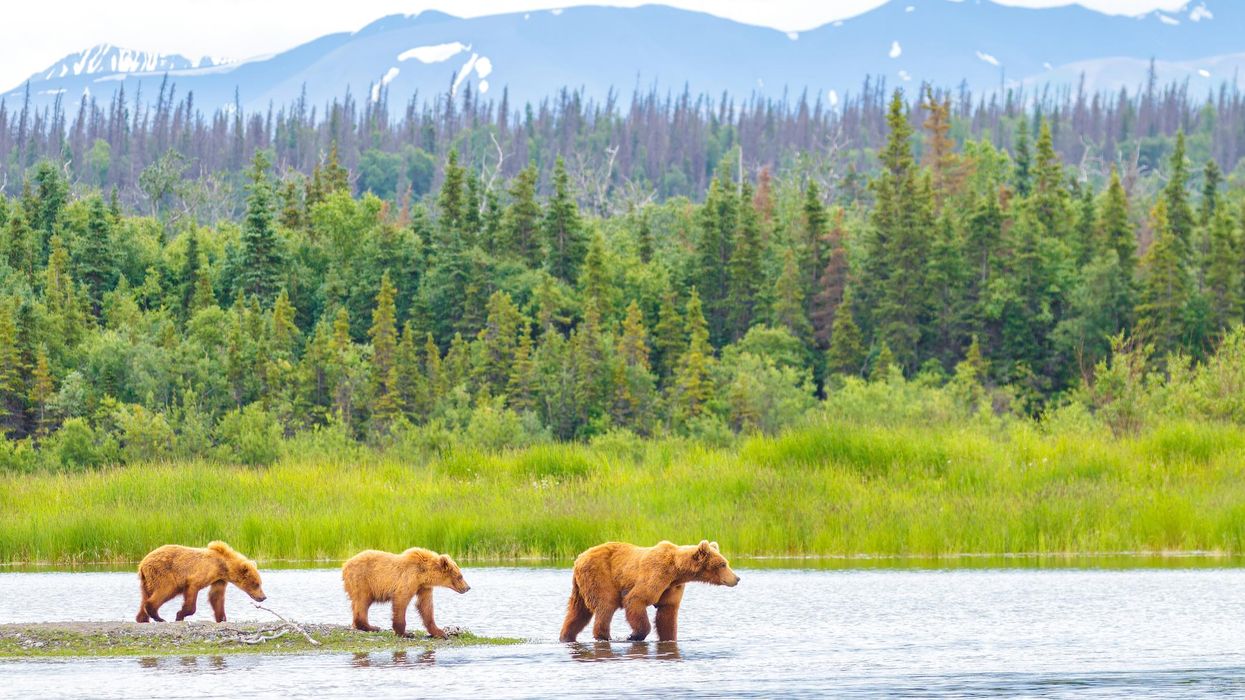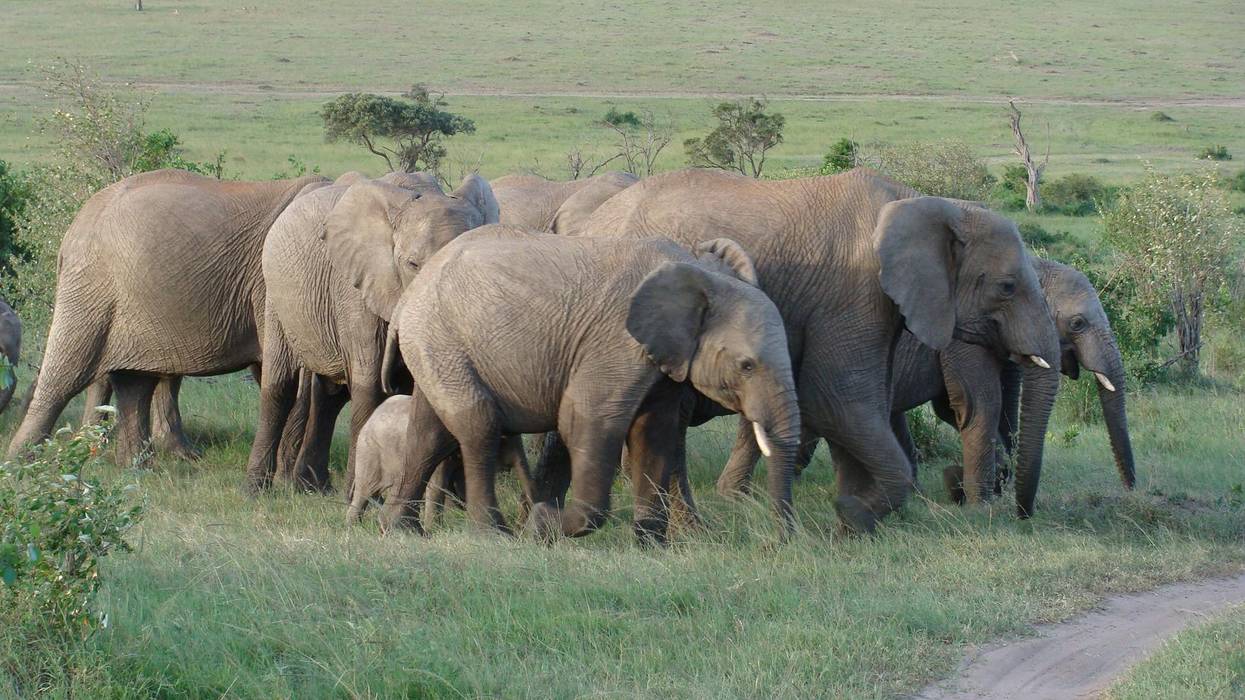The Deadliest US Wildfire in a Century Could Also Take a High Toll on Maui Wildlife
Scientists warn that debris from the Maui fires pose a signficant threat to vulnerable coral reefs.
The wildfires that engulfed the town of Lahaina, Maui, last week killed at least 111 people. But it's not only human lives that could be lost.
Scientists say that forecast rains could wash the ash and toxic debris from the fires into the ocean, where they could have a devastating impact on marine ecosystems that are already stressed by pollution and the climate crisis.
"You have a reef that is already damaged by many other things and then you have a sedimentation event on top of that," California Academy of Sciences ichthyology curator Luiz Rocha told The Guardian Friday. "A lot more coral are going to die."
"Keeping those reefs safe is one of our higher priorities."
The fire debris pose several threats to the reefs. For one, the corals may accidentally gobble up pollutants in the fire debris, mistaking them for plankton.
"We don't know what was in those houses, and a lot of times when things burn and when they mix together, they can form other things that can be dangerous," U.S. Coast Guard Pacific Strike Team Lieutenant Trent Brown told The Garden Island Wednesday of the contents of potential runoff.
If those toxins end up in the water, it could be devastating for the reefs.
"The corals are attached to the bottom of the ocean, they cannot move," Jennifer Smith, director of the Marine Biology Research Division at University of California, San Diego, told NBC Bay Area Tuesday. "So if you were to rain a bunch of sediment, ash, debris on top of them, they could essentially become smothered. Add to that a lot of this ash and debris could have chemical toxins."
Beyond smothering the reefs, the sediment could also provide food for algal blooms that would block the sunlight.
"It is going to heavily damage the coral reefs," Rocha told The Guardian further. "They depend on clear water to survive."
One dangerous pollutant has already entered the water because of the fires: oil. The oil has spilled from boats in the Lahaina Marina that sank during the disaster, and the U.S. Coast Guard is working to contain it, as well as prevent any runoff from reaching the reefs, by setting up booms around storm drains and the marina itself.
"Keeping those reefs safe is one of our higher priorities," Brown told The Garden Island. "I know that's a very valuable natural resource here in the Hawaiian Islands, and that's what all that boom is there for—to try to minimize any impacts for those reefs, either from physical debris or sorts of toxic chemicals."
West Maui's reefs are vital economically for attracting tourism, culturally for their importance to Indigenous Hawaiians, and ecologically for their role in the islands' broader ocean community, The Guardian explained. They spawn coral that help build reefs in the rest of Maui, Lanai, Molokai, and Kahoolawe, and one threatened reef—the Olowalu—hosts the largest population of manta rays in the U.S.
"These reefs have high concentrations of endemic marine species that don't live anywhere else in the world," Rob Ferguson, an expert in coral reef watershed management who works with the National Oceanic and Atmospheric Administration's coral reef conservation program, told The Guardian.
Above the waves, the fires also took a devastating toll on domesticated animals.
Maui Humane Society head Lisa Labrecque told reporters Monday that residents lost around 3,000 pets during the blaze, as Vox reported.
"Our veterinary, humane enforcement, and search and rescue teams are reporting back every day that there are many stray animals. Cats, dogs, rabbits, tortoises, birds, livestock etc.," the group wrote in a Facebook post Thursday.
In a statement Wednesday, the national Humane Society said that while it was hard to gauge the exact number of animal casualties, "it's likely the toll is significant."
"Thankfully," the group added, "local organizations such as the Maui Humane Society and Hawaii Veterinary Medical Association are working with others to find animal survivors and give them a fighting chance."


